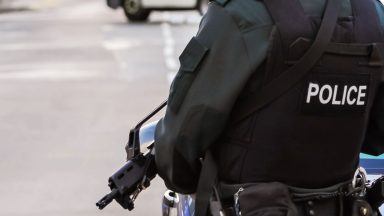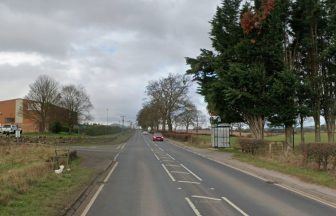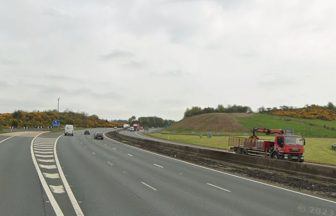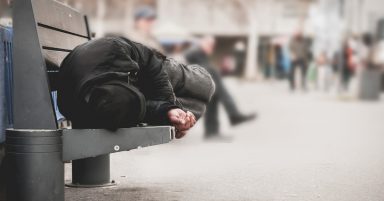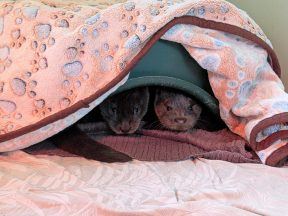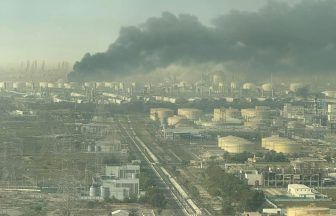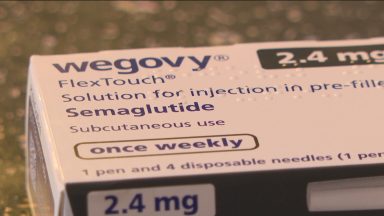Paramedics failed to recognise the signs of sepsis in a patient who died after collapsing in hospital after being misdiagnosed with Covid.
A complaint was made to the Scottish Public Service Ombudsman (SPSO) about the treatment and care of the patient provided by the Scottish Ambulance Service, which was upheld.
The patient, referred to in the decision report as A, had a pacemaker fitted and developed a severe headache and rash and phoned NHS 24 as they were finding it difficult to breathe.
Paramedics attended but the patient was not admitted to hospital.
A phoned NHS 24 again the following day and when paramedics attended, they sought telephone advice from a consultant at the local hospital.
The consultant advised that A should take paracetamol and see the GP the following morning.
The next day, A phoned the GP and was told to go to the Covid-19 hub where they collapsed and were taken to hospital by ambulance.
A was admitted to hospital and died the following day from sepsis.
A complaint was made to the watchdog about the decision not to take A to hospital and concern was raised that the paramedics failed to recognise the signs of sepsis and to take the appropriate action.
The ombudsman took independent advice from a registered paramedic and found that in hindsight it was unreasonable that SAS did not recognise the seriousness of A’s condition, including applying any weighting to past medical history, in particular recent surgery and the fact that the presence of infection could have been the result of sepsis.
However, the SPSO added that it found that many of the clinical signs and symptoms observed in A would have been present in a patient experiencing Covid-19 and based on the conditions and guidelines SAS were operating to at the time found that it was reasonable that the paramedics’ working diagnosis was Covid-19.
The report added: “Whilst we considered it was reasonable that A was not taken to hospital, we were critical that there is no evidence that A was informed of the risks and benefits of the option of staying at home, going to hospital or of any alternative options available.
“We also found that it was unreasonable that key information was not passed to the consultant during a call and that record keeping was unreasonable.
“Furthermore, we found that it was unreasonable that during the paramedics second attendance, the further set of observations taken 20 minutes later unreasonably failed to include A’s temperature.
“Finally, in relation to the first attendance, we considered it was unreasonable to conclude that A was improving, particularly without carrying out a further set of observations.”
The complaint was upheld and the SAS was recommended to apologise to the complainer for the identified failings.
It further recommended that the SAS should appropriately advise patients of the risks and benefits of the available options, for example the option of staying at home, going to hospital or of any alternative options available.
A Scottish Ambulance Service spokesperson said: “This is a tragic case, and we would like to apologise to everyone affected.
“We note the recommendations of the SPSO and can confirm these will be implemented. We would like to extend our deepest sympathies to the family for their loss.”
Follow STV News on WhatsApp
Scan the QR code on your mobile device for all the latest news from around the country


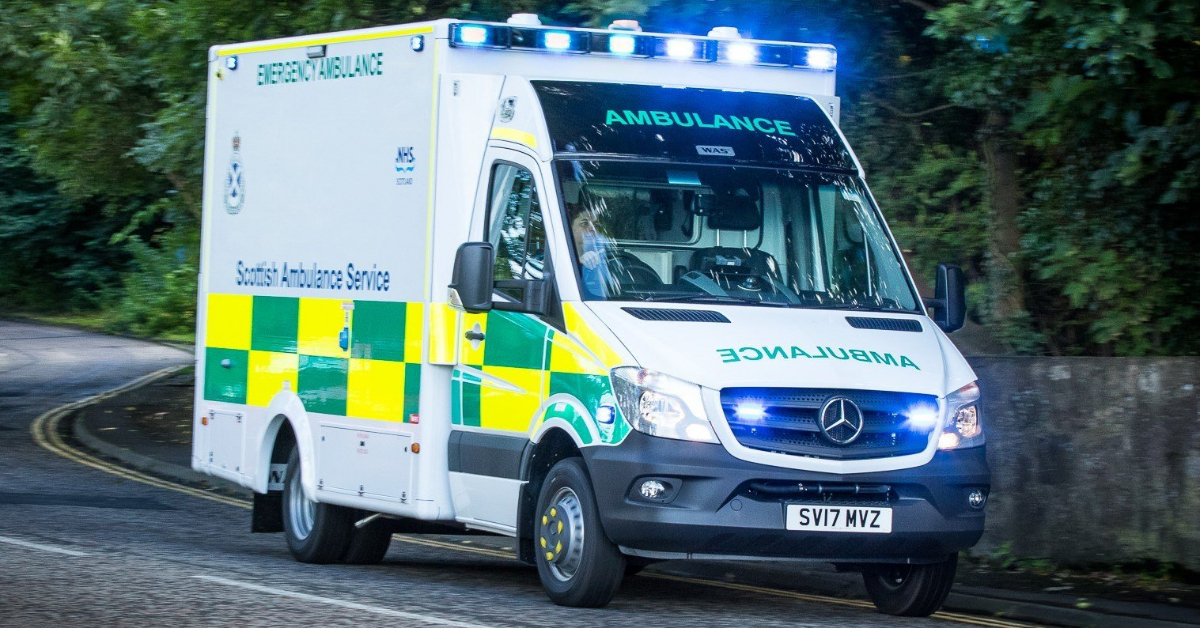 SAS
SAS



